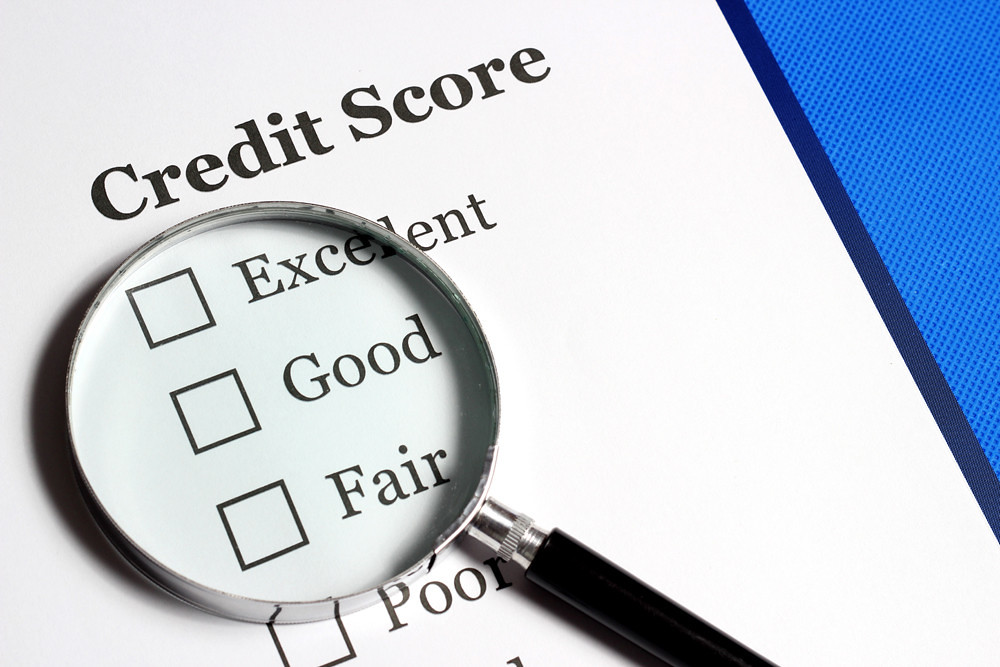There are always rules and conventions that govern the operations of any business. Without established terms, a business may fail. The importance of having basic operational requirements is evident in the lending sector. As a borrower, you must have basic principles that guide you; otherwise, you are likely to get overwhelmed with debt. On the other hand, lenders are supposed to be even more careful in this regard. The demand for funds continues to increase as the economy improves. Banks and other money lending institutions receive a lot of applications daily. Would you expect them to approve every loan application? That will be absolutely unreasonable.

Before loan applications are accepted, lenders follow a specific set of rules to gauge eligibility, or rather the creditworthiness of borrowers. But in case you need instant cash, look for the options you have at Reliable Money lenders online in Singapore. And today, we want to look at one of such tests – credit score. Let us discuss it and know what you can always do to ensure you have the right standing before lenders. Specifically, we are interested in answering the question – what things can affect your credit score?
Credit Score
What comes to your mind when you hear the term credit score? This the most significant eligibility criterion for most lenders. This is a statistical figure that indicates consumers’ creditworthiness. It is mainly used to determine the probability that a borrower will repay the loan amount as well as the accumulated interest within the stipulated time. In general, credit score ranges from 300 to 850.
You can quickly secure a loan if you have a good score. But what amounts to a good score? Perhaps you have come across such terms as ‘bad credit’ and ‘excellent credit,’ among others. What do they mean? Well, the interpretation of credit score values may be different depending on the lender.
Consider the following overview of credit score and their interpretations.
- Excellent – 800+
- Very Good – 750+
- Good – 700+
- Fair – 650+
- Poor – 600+
- Bad – 550-
The above distribution is based on the rating of the most common credit score company – FICO, though it is not so different from values given by other credit rating agencies. In light of this, bad credit ranges from 550 and below, while an excellent score is above 800 points. Most lenders prefer lending to individuals with a score of at least 700 points. As we stated earlier, the interpretation of the scores may differ with lenders. It doesn’t mean when your score is below 700 points, you don’t stand a chance of qualifying for a loan. In fact, there are so many loans, even for individuals with bad credit. With this information, let us now turn attention to the question we asked at the outset.
What Affect Your Credit Score
It is essential to acknowledge the fact that the credit score is not static and can either improve or drop. One can have bad credit simply because of not utilizing credit before. An excellent rating does not come in a night. The effort is required, and it can take a long time of financial discipline. It is vital to ensure that your scored score does not drop, no matter what, no matter how hard. What factors will affect your score? Several, including credit inquiries, the age of your credit history, debt level, bill payment, and credit mix. Let us have a brief overview of some of these factors.
Payment History
This is perhaps the most significant ingredient in the calculation of credit score. A missed payment can have a lot of devastating impact on your credit score and by extension, your entire financial life. Lenders will only want to lend to the more trustworthy borrower. Missed payments mean your creditworthiness is in question. When you are applying for a loan, your credit score should not reflect missed payments. Making payments on time accounts for 30-35% of your overall credit score. But this does not imply that a single missed payment will detriment your score completely.
We only mean that if you develop a habit of making late payments, your overall score is going to suffer. Besides, creditors often charge late payments, and this means the loan is going to be even more expensive. In general, late payment of up to 60 days may be reported to credit bureaus. It is always an excellent idea to communicate to a lender in case you anticipate the probability of not making a payment in a good time.
Hard Inquiries
Whenever a lender applies for your credit report, hard inquiries are always reflected in your overall credit file. A credit inquiry hurts your credit. It results in a temporary drop in your credit score, and the information remains on your file 24 months, though the negative effect can only be felt for up to one year. For this reason, it is not wise to make several applications, especially when you anticipate your chances of being approved are quite minimal. Several rejections may raise eyebrows.
Credit Utilization
Credit utilization is one of the most significant eligibility criteria most lenders use to either approve or reject applications. In general, this is a ratio computed by dividing the total credit you have at the moment by your credit limits. This ratio tells the level of your credit you are currently utilizing. It reflects how dependable a borrower is on non-cash sources of funds. Overall, the ratio accounts for up to 30% of your credit score.
Credit Mix
Individuals with excellent credit scores often utilize various types of credit. In computing credit scores, different types of accounts are usually considered, as well as the number of each of them you have. It helps lenders to determine a borrower’s previous debt experiences, and each one has been handled.
A lot of credit requests
As we earlier stated, it is not good to make a lot of credit requests in a short period. Many requests can send a bad signal to the lenders, and this will dip your credit score. Too many requests portray you as an individual who over-rely on debt.
The Bottom Line
There are so many things that may hinder your overall score. It is vital to maintain an excellent score. If your score is current, not good, make efforts to improve it. In this blog, we have considered several factors that affect the credit score. But what type of accounts impact your credit score? I am sure you are interested in knowing these accounts. If that is the case, do not miss our next blog.









